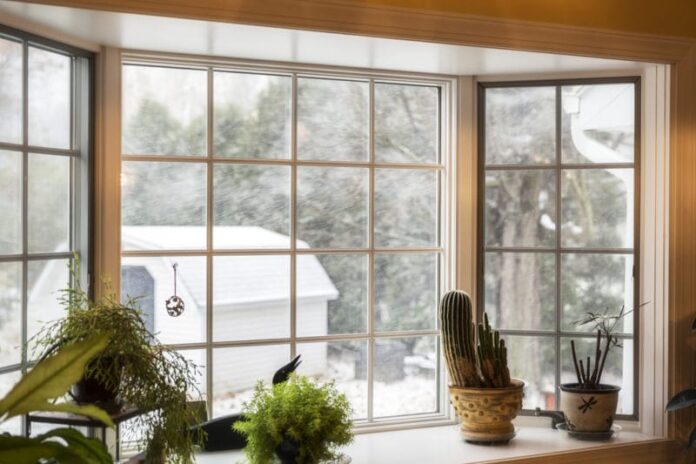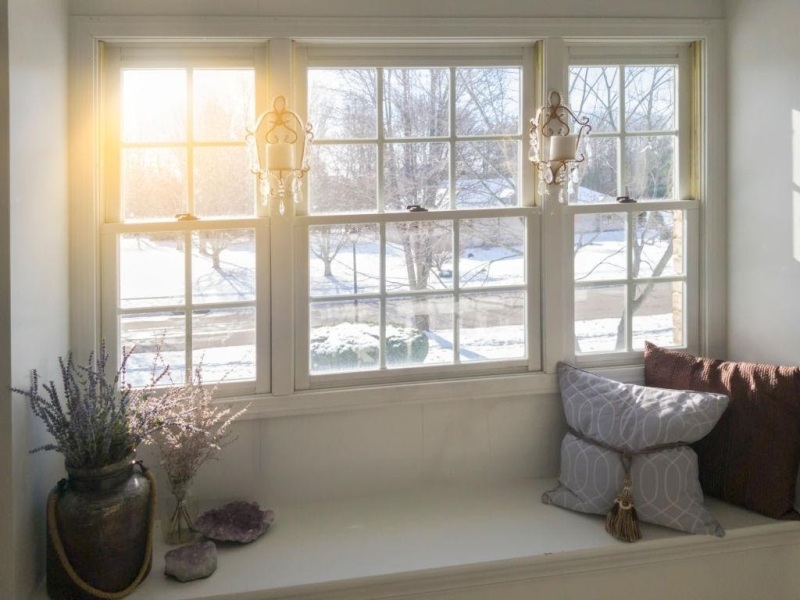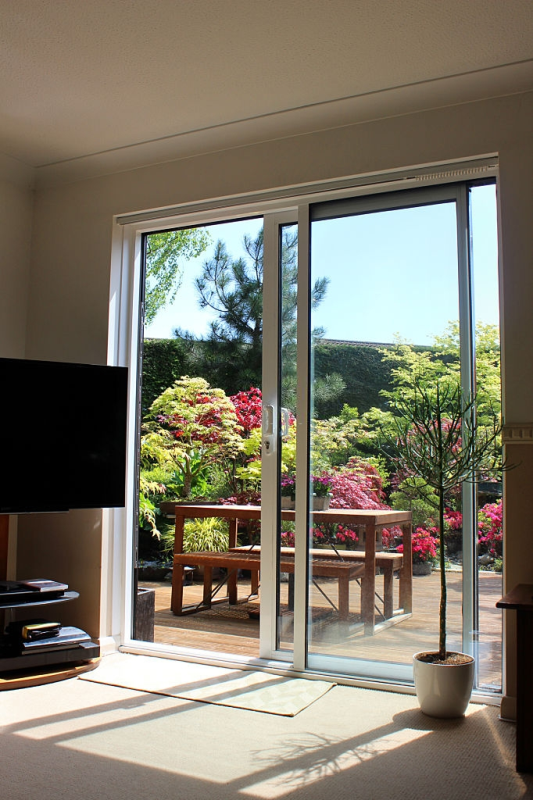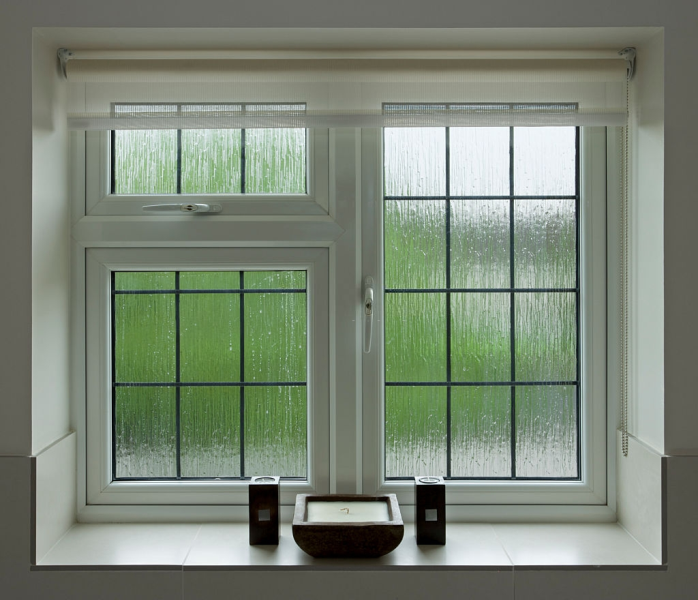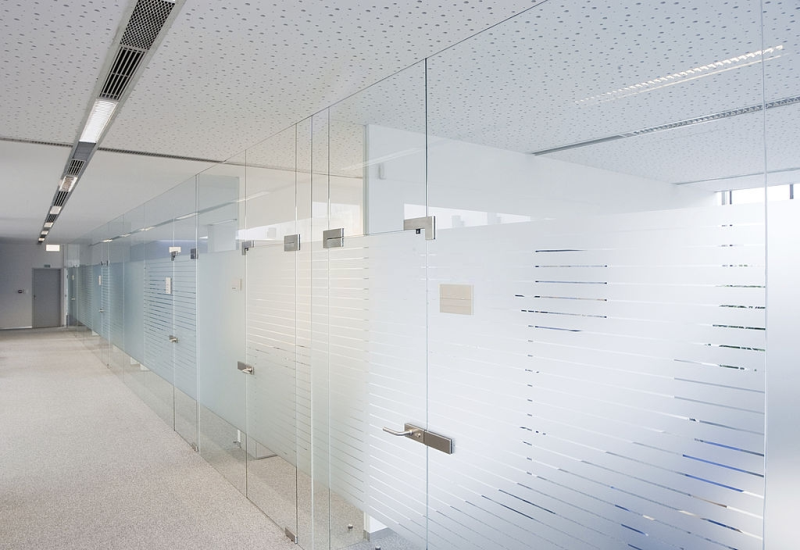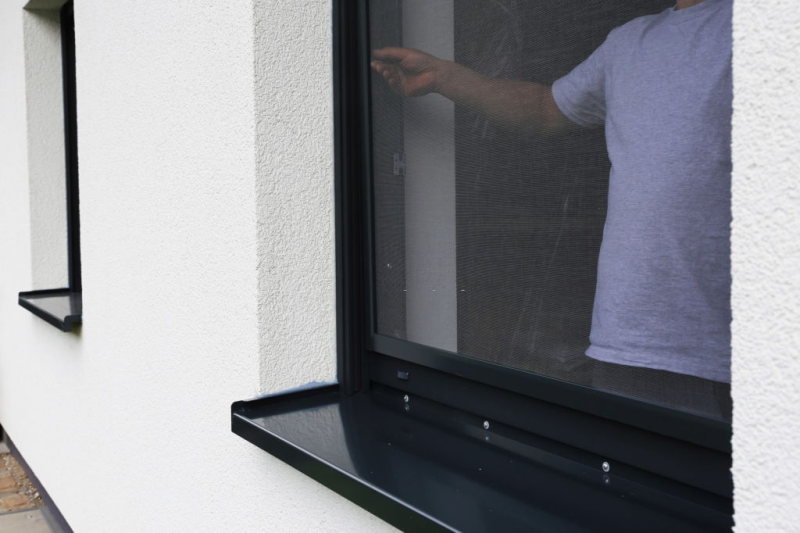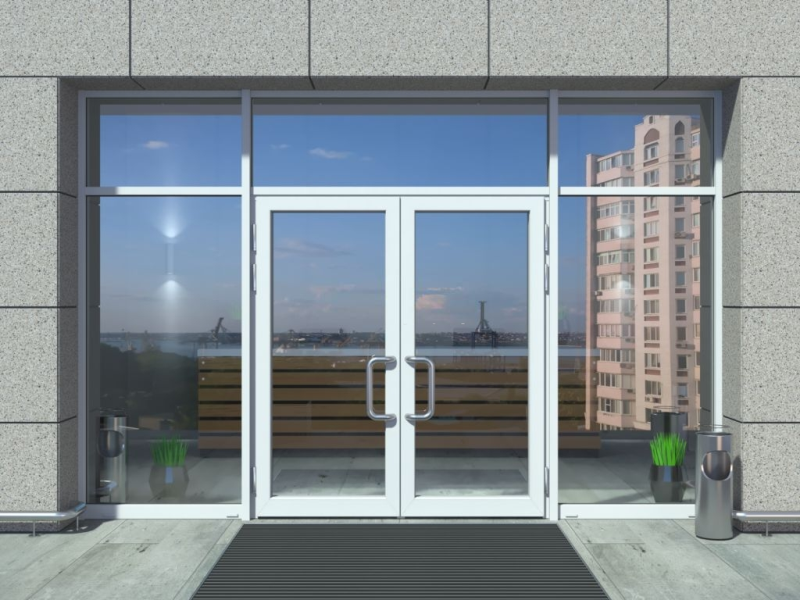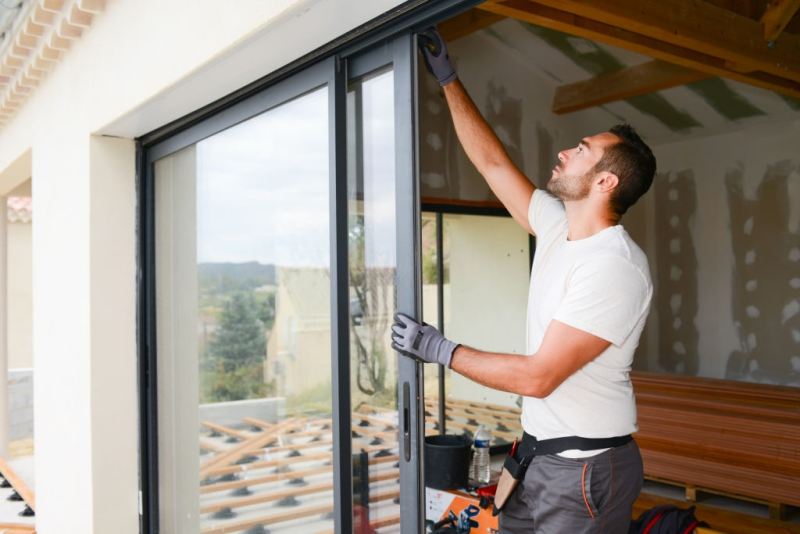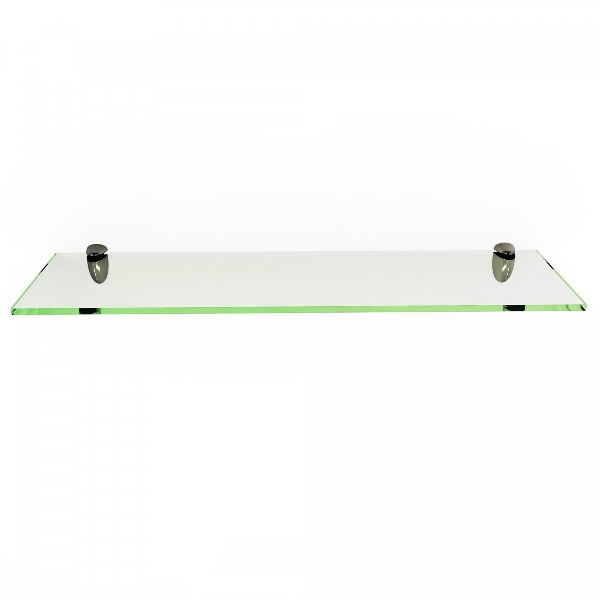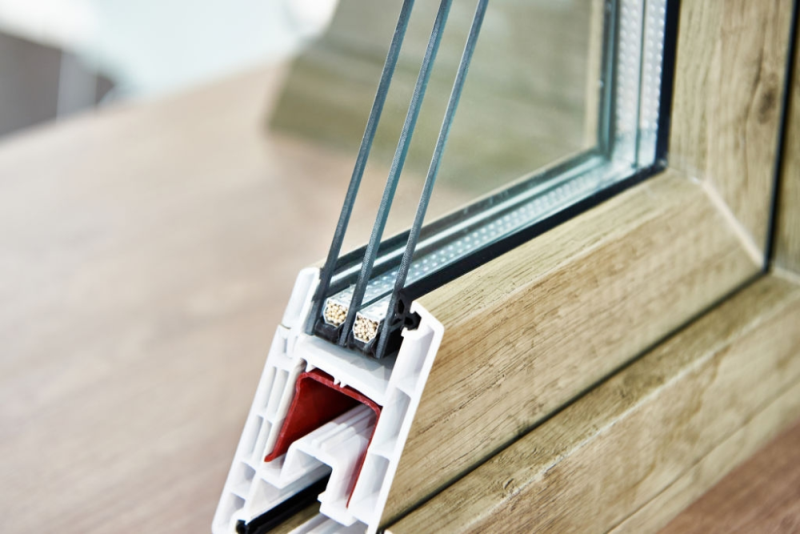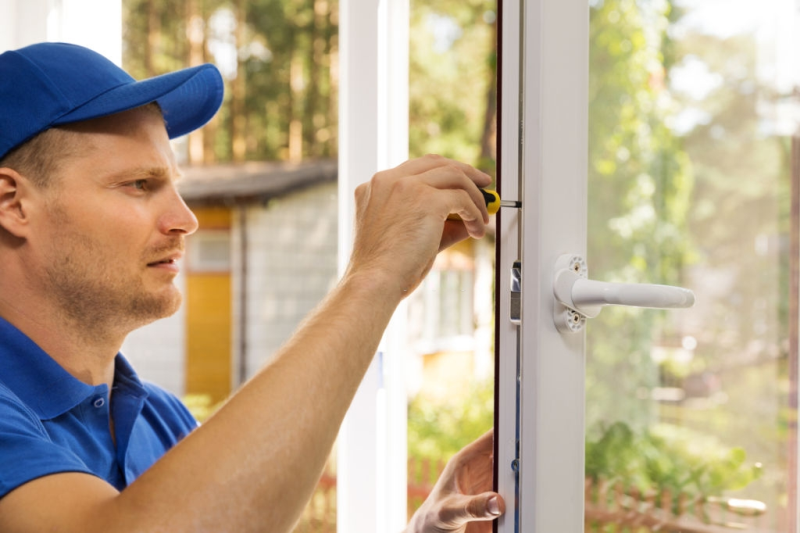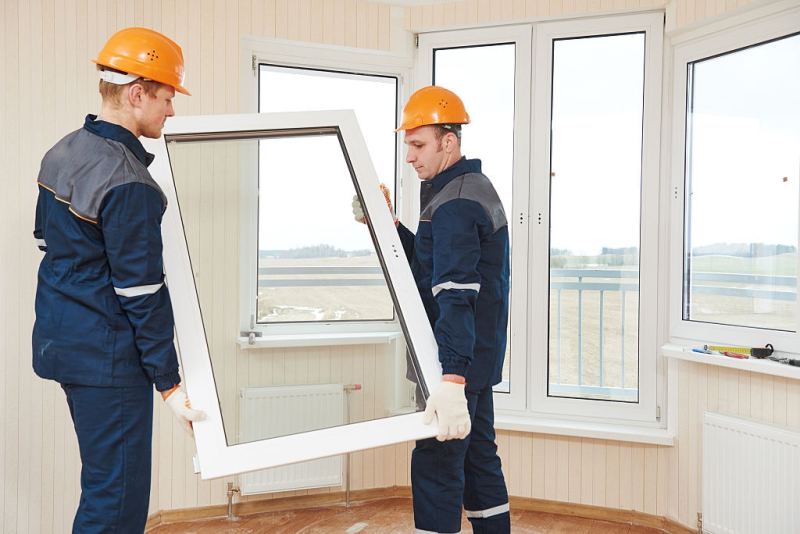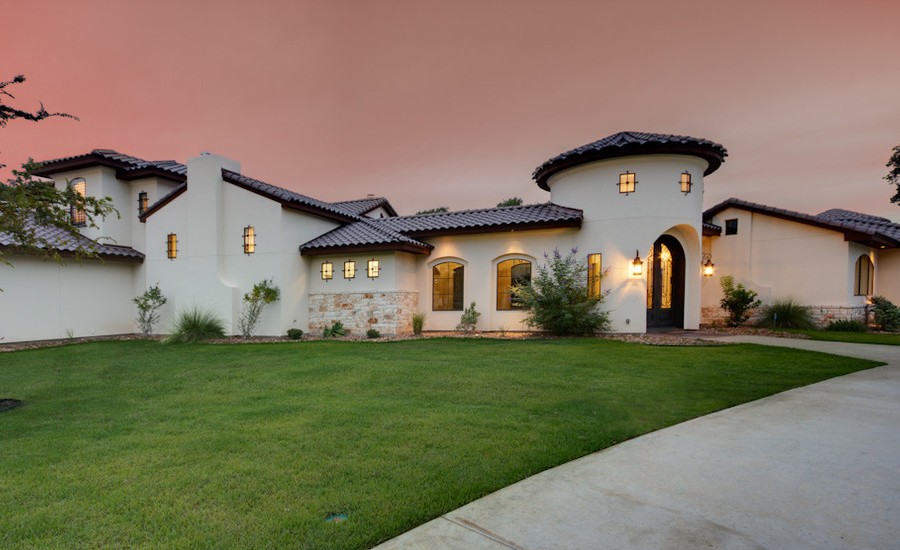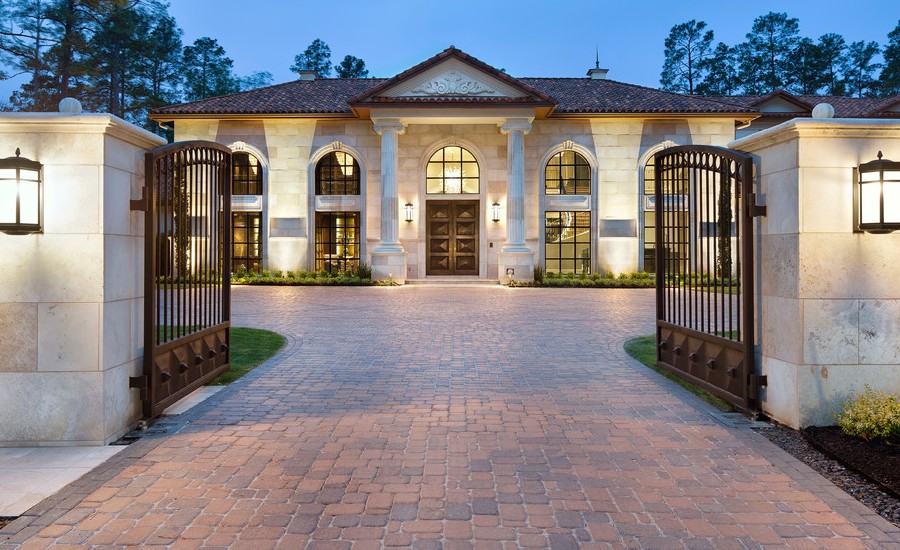Contemporary homeowners have numerous amazing glass options when choosing the best window replacement glass for their homes. Every glass type has its unique features and it is essential to identify and select the glass type that suits your exclusive home needs the best. Here are the six most common window replacement glass options for your home:
Clear Glass: Most commonly used transparent glass
Clear glass is the most commonly used glass type for homes and commercial spaces where translucency holds the utmost importance.
Features and Specifications
Clear glass is an ordinary glass type available in numerous different shapes and sizes and can also be customized as per the homeowner’s exclusive needs. This glass type has a slightly greenish tint. However, this doesn’t affect its clarity and light transmission characteristics.
Pros and Cons
- Pro – Creates an illusion of increased space and is best suited for small spaces.
- Con – It is not a privacy glass and is not ideal for places where privacy is desired.
- Pro – Transmits and distributes natural light seamlessly and brightens the room.
- Con – The clarity of the glass implies it requires more cleaning than patterned types.
- Pro – A sleek, trendy, and modern design choice for renovating contemporary homes.
Where can you use Clear Glass?
Clear glass is commonly used in the majority of applications around the home as it is one of the most economical glass types. It can be used as a window replacement glass, shower enclosure glass, stairway glass, door glass, and much more.
Frosted Glass: Ensures privacy with bright reflection of light
Frosted glass is a much more functional and practical alternative for spaces where privacy is desired such as shower enclosure and bathroom doors. It is a fabrication of a clear glass made through a process called acid-etching or sandblasting. The outcome is a textured or patterned glass that obstructs the view and allows the transmission of light. In this type of glass, the degree of obscurity can be adjusted as per the exclusive needs of the homeowners.
Features and Specifications
Frosted glass is available in numerous shapes and sizes, and is often termed as privacy or textured glass.
Pros and Cons
- Pro – Provides greater functionality and augmented privacy.
- Con – Make the living space look smaller.
- Pro – Available in numerous amazing design options, textures, and patterns.
- Con – Transmit relatively lesser light as compared to clear glass.
- Pro – Requires lesser cleaning as the frosted surface doesn’t get stained easily.
Where you can use Frosted Glass?
Frosted glass is commonly used as a shower enclosure glass and bathroom door & window glass. It is also used as a window replacement glass in homes where greater privacy is desired. In commercial spaces, there are many applications of frosted glass from meeting room walls to office wall partitions.
Tinted or Colored Glass: Synchronize with the colors of surrounding
Another fabrication of clear glass is tinted or colored glass; it is available in numerous eye-catching colors and provides homeowners with the luxury to renovate their interior space with class and grace. It is available in amazing colors such as grey, blue, bronze, green, super grey, and many more.
Features and Specifications
Tinted glass is not only an aesthetically-appealing glass type but also a privacy glass as it is relatively less translucent than the normal glass. Different colors offer different degrees of privacy and this glass type is also available in a laminated form for extra protection. Colored glass is a type of heat-absorbing glass that restricts the transmission of light by absorbing the rays of solar light.
Pros and Cons of tinted glass
- Pro – Aesthetically-appealing and provides a greater degree of design freedom.
- Con – Only allows restricted transmission of light.
- Pro – Available in different colors offering different degrees of privacy.
- Con – Heat absorption induces internal stresses that may damage ordinary tinted glass.
- Pro – Tempered or laminated tinted glasses are durable and stronger.
Where you can use Tinted or Colored Glass?
Tinted or colored glass is ideal for rooms and living spaces where greater privacy is desired. Available in numerous shapes, sizes, and colors, this glass can also be customized into a tempered or laminated glass & is ideal for window replacement glass or door glass applications.
Low-Iron Glass: Perfectly cleared glass with much better transparency of visuals
Low-iron glass is another fabrication of clear glass with relatively lesser iron-content. The presence of iron gives a greenish tint to the glass and low-iron glass is the true clear glass.
Features and Specifications
Low iron content in this glass type makes this completely translucent and clear. This glass transmits the maximum amount of light and brightens the room, unlike any other glass type. It is available in numerous amazing shapes, sizes, and can also be customized.
Pros and Cons of installing Low-iron glass
- Pro – Truly clear glass with the highest degree of translucency and clarity.
- Con – Requires regular and frequent cleaning.
- Pro – Enlarges and brightens the room.
- Con – Not to be used as privacy glass.
Where can you use Low-Iron Glass?
The incredible translucency and clarity of low-iron glass make this an ideal choice for shelves, trophy cases, and backsplash glass. It is also commonly used in shower enclosures and as a window replacement glass.
Insulated Glass: Energy efficient glass that resist heat leakage
Insulated glass is a relatively stronger and more durable glass type as compared to other glass types. It is better to be called an insulating glass unit as it is composed of multiple panes of glass separated by a vacuum or noble gas with the help of spacers. Different types of glass can be used to make an insulated glass such as clear, low-iron, tinted, frosted, and tempered glass.
Tip: Glass Genius can help you to buy original high quality tempered glass panels in best possible rates.
Features and Specifications
Insulated glass plays a key role in regulating the indoor temperature and helps minimize electricity consumption. It’s a type of eco-friendly glass and its benefits are relished all year long. It is available in different shapes, sizes, color options, and can be customized into a double-pane or triple-pane insulating glass unit.
Pros and Cons of using insulated glass
- Pro – Regulate the indoor temperature in both summer and winter seasons.
- Con – Expensive than normal glass counterparts.
- Pro – High cost is often counteracted by durability and electricity savings.
- Con – Hard to repair and requires to be replaced.
- Pro – Strong and durable window replacement glass solution.
Where can you use Insulated Glass?
Insulated glass is best used as window replacement or door glass as it helps regulate the temperature of the interior space. Besides this, it also provides high-end strength and durability and minimizes the adverse effects of UV light on home décor and furniture.
Tempered Glass: A safety glass that is much stronger and durable
Tempered glass is a high-strength glass often used as a replacement of clear glass in many applications in residential and commercial interior space. It is stronger, safer, and more durable than the ordinary annealed glass. Read this guide to know how to tell if glass is genuinely tempered or not.
Features and Specifications
This glass type is the best choice for interior spaces as it provides high-end safety and durability. The best feature of this glass is that it is 3-4 times stronger than annealed glass and shatters into small spherical harmless pieces of glass.
Pros and Cons of using tempered glass
- Pro – About four times stronger than the ordinary glass and more durable.
- Con – Expensive than ordinary glass.
- Pro – Easy to maintain and simple to clean.
- Con – Cannot be customized once tempered and must go through the annealing process.
- Pro – Provides maximum protection and increased safety.
Where you can use Tempered Glass?
Tempered glass can be used in every place in the home and commercial spaces where ordinary glass is normally used. It is the preferred type of glass and always recommended to be replaced with ordinary glass for the places where security is concerned as its unique breaking mechanism causes minimal harm.

